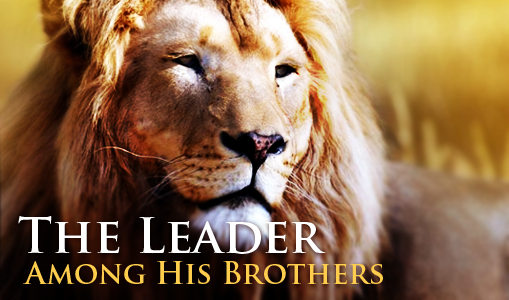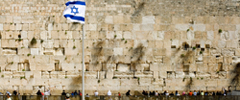Our Chazal believed that Hashem operates on the principle of כל מדותיו של הקדוש ברוך הוא מדה כנגד מדה, “all acts of Hashem are measure for measure.” (San. 90a) They find evidence of this principle in the Tanach. Perhaps we can find this demonstrated in our Sidra as well. The brothers sold Yosef to traders who were going to Egypt, taking him into Galut. This led to the result that after a number of years all the brothers also ended up going down to Egypt, into Galut.
This belief holds true in all of history and even in our time. We find all forms of horrible terror are imposed on the Israeli population. The world keeps quiet and does not cry out against these atrocities. The end result is that the rest of the world eventually has to put up with the same brutalities and barbarisms. The violence is practiced on Israelis and then ends up on populations all over the world.
It may not be evident but in our personal lives the same is true. Often we mistreat friends or perhaps only acquaintances, and in time we ourselves suffer the same mistreatment. We may not associate what happens to us to what we ourselves did, but if you give it some thought you can soon see the similarity. Be careful with all your acts.



 When Yaakov and Yosef’s brothers came to Egypt we are told his brothers said to Pharaoh; LAGUR BA’ARETZ BANU, “…we have come to sojourn in the land…”.(Gen. 47,4) The Hebrew word LAGUR, to sojourn, comes from the root GER which indicates a stranger. What the brothers were saying is that they did not come to Egypt to settle and stay there but plan to live there temporarily. We repeat this thought every Pesach when we recite the Haggadah which in turn recalls the words of the Sifri, “…This teaches that Yaakov our father did not go down to settle but to sojourn there…”.
When Yaakov and Yosef’s brothers came to Egypt we are told his brothers said to Pharaoh; LAGUR BA’ARETZ BANU, “…we have come to sojourn in the land…”.(Gen. 47,4) The Hebrew word LAGUR, to sojourn, comes from the root GER which indicates a stranger. What the brothers were saying is that they did not come to Egypt to settle and stay there but plan to live there temporarily. We repeat this thought every Pesach when we recite the Haggadah which in turn recalls the words of the Sifri, “…This teaches that Yaakov our father did not go down to settle but to sojourn there…”.